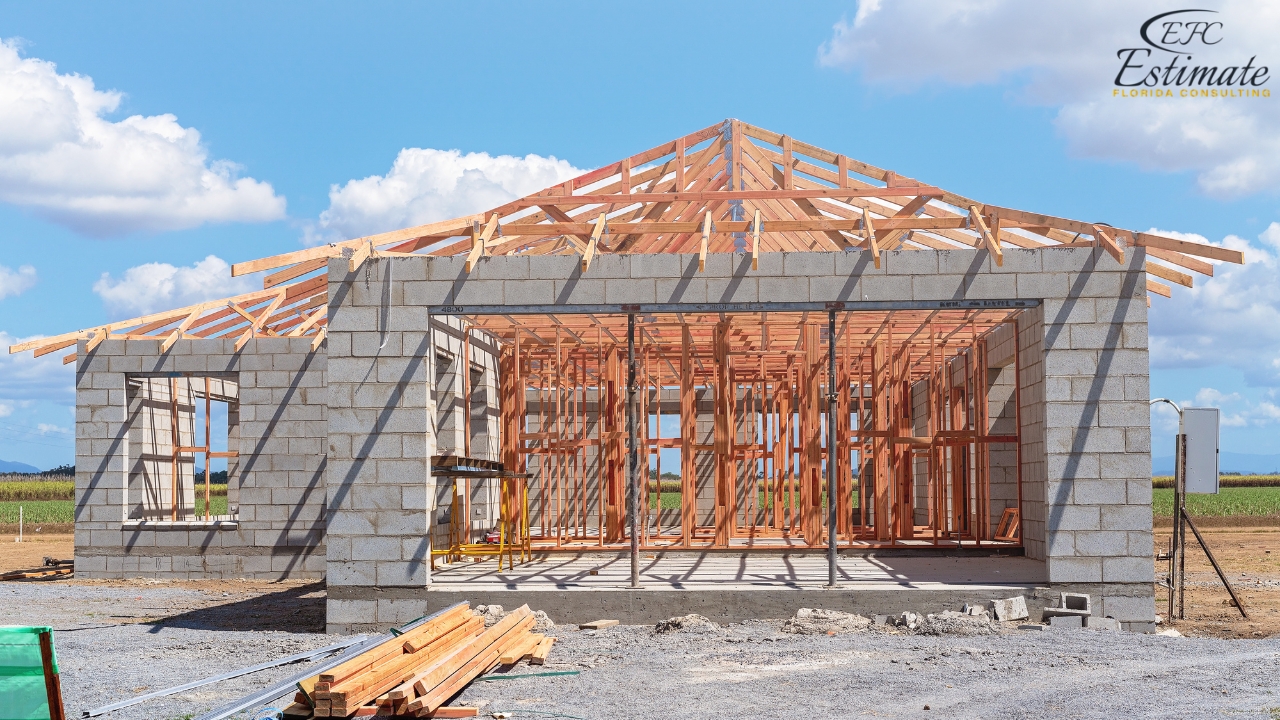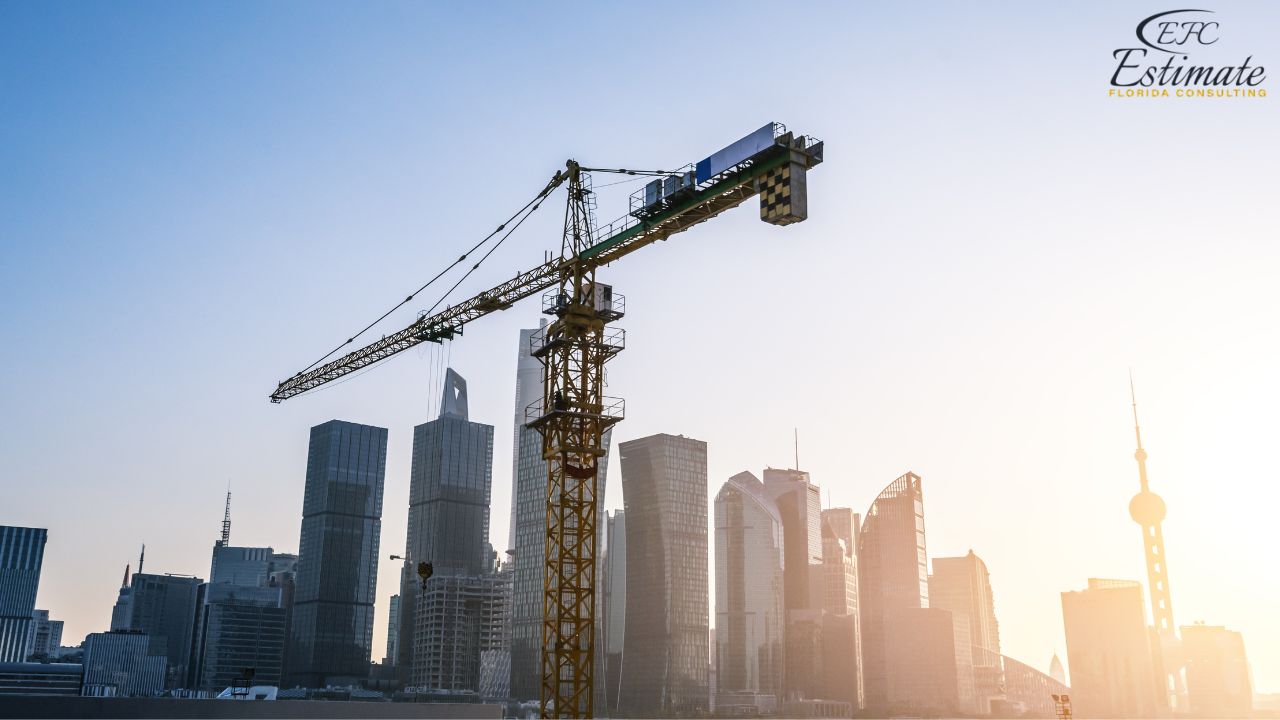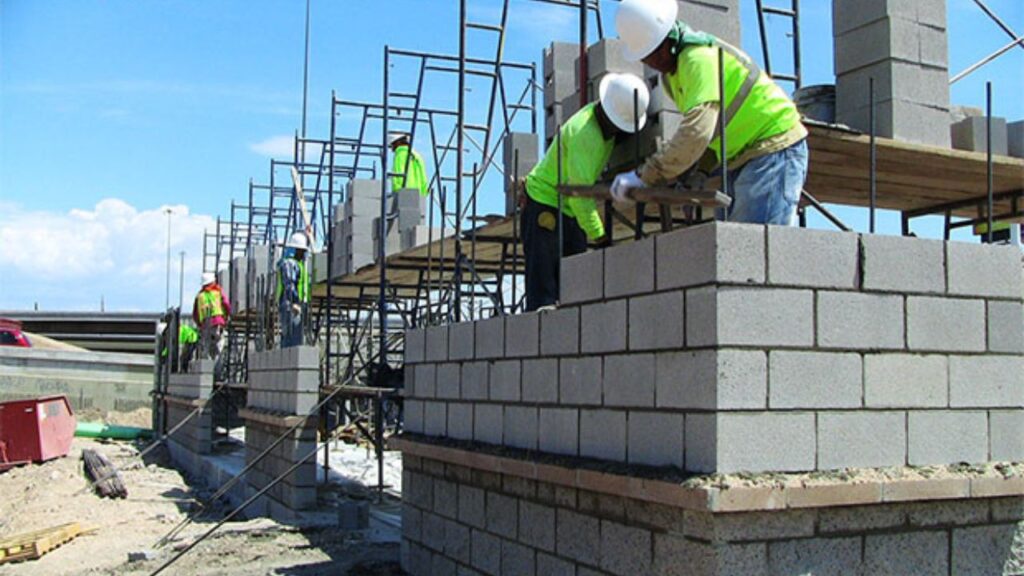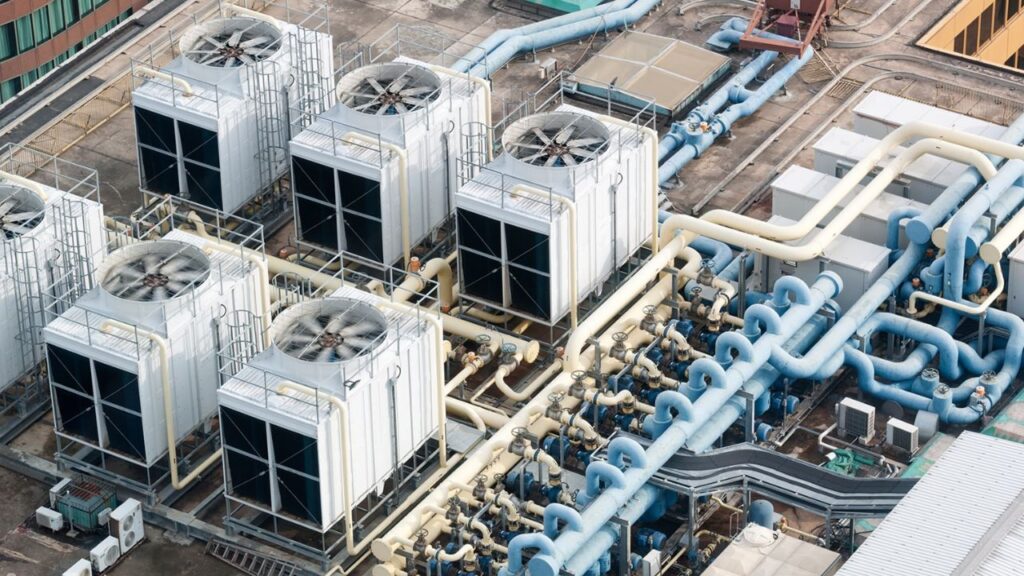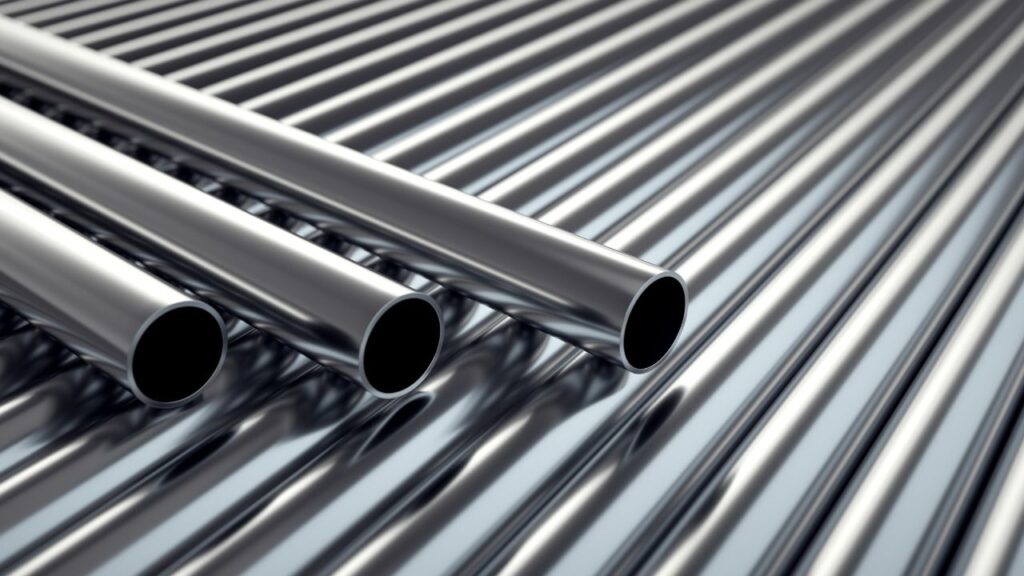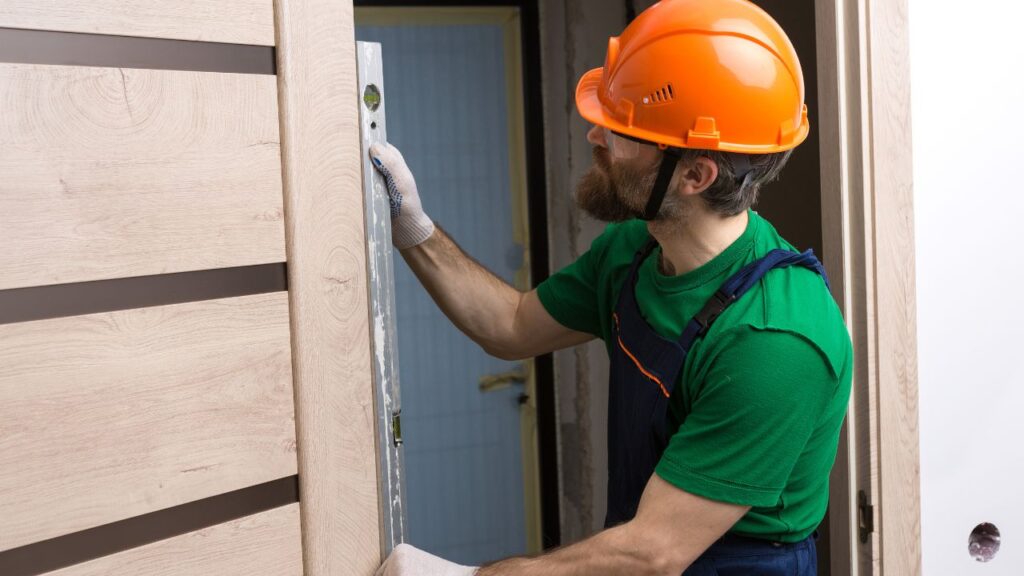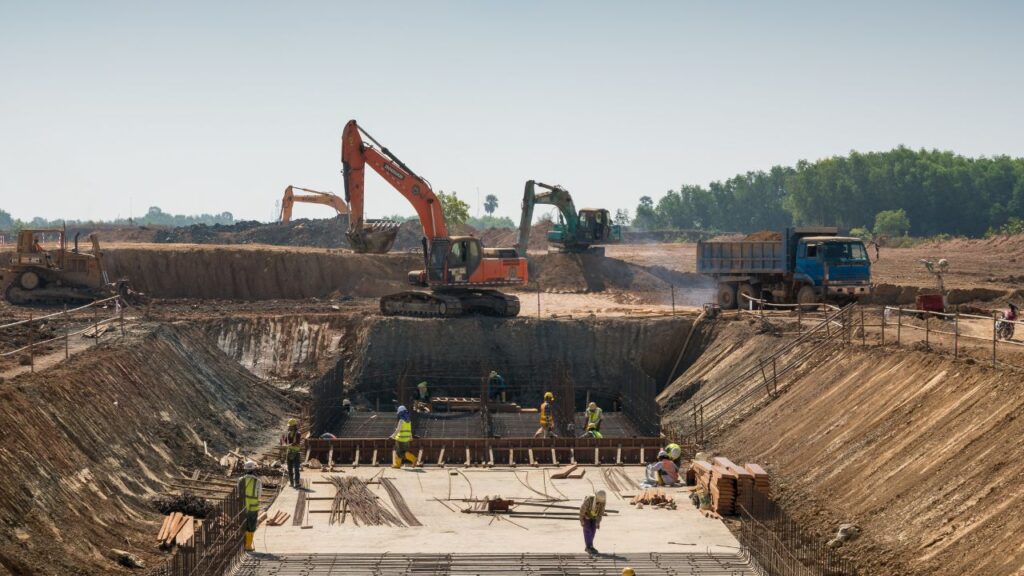Construction Cost Estimator in Key West, FL
Leading provider of construction estimating.
Key West, FL, is a tropical paradise celebrated for its historic architecture, vibrant culture, and stunning ocean views. The island’s unique charm attracts homeowners, developers, and businesses eager to create properties that reflect the area’s distinctive character. However, building in Key West comes with specific challenges, including strict environmental regulations, limited space, and the need for hurricane-resistant designs. Accurate cost estimation is essential to successfully plan and execute any construction project. Whether developing a custom waterfront home, renovating a historic property, or constructing commercial spaces, this guide provides an in-depth look at the factors shaping construction costs, material choices, labor considerations, and budgeting strategies tailored for Key West.
Average Construction Costs in Key West, FL
Project Type | Estimated Cost Range (per square foot) |
Residential Construction | $350 – $600 |
Custom Home Construction | $600 – $1,000 |
Commercial Construction | $400 – $800 |
Luxury Homes | $800 – $1,500 |
Renovations and Additions | $300 – $700 |
Construction costs in Key West are influenced by a variety of factors, including the island’s remote location, environmental requirements, and labor availability. Properties often demand additional investments in storm-resistant materials and specialized construction techniques to handle challenges like saltwater corrosion and flooding. Despite the higher upfront costs, these measures are critical for ensuring durability and compliance with local codes.
Factors Influencing Construction Costs
1. Project Type and Scope
The type and scope of your project largely dictate overall costs. Each category comes with distinct considerations and unique challenges:
- Residential Construction: Standard homes, ranging from $350 to $600 per square foot, prioritize functionality and durability. Many homeowners in Key West opt for energy-efficient upgrades, such as solar panels, high-performance insulation, and weatherproof finishes, which increase initial costs but reduce utility expenses and maintenance over time.
- Custom Homes: Custom properties cost between $600 and $1,000 per square foot and are tailored to individual preferences. These homes often incorporate luxury finishes, unique architectural features, expansive open layouts, and advanced smart home technology to provide a personalized living experience that reflects the homeowner’s lifestyle.
- Commercial Construction: Ranging from $400 to $800 per square foot, commercial projects require durable materials, energy-efficient HVAC systems, and advanced IT infrastructure to meet the operational demands of businesses. Flexible designs to accommodate retail or office spaces can also influence costs.
- Luxury Homes: High-end homes, costing $800 to $1,500 per square foot, feature premium amenities like infinity pools, imported materials, private docks, and expansive outdoor spaces. These projects demand experienced contractors and architects to achieve sophisticated and timeless designs.
Get Acquainted with Estimation
Estimating Construction Costs in Bad Weather: What You Need to Know?
Dominate the Competition: Tips to Secure More Construction Bids
2. Material Selection
Material choice significantly impacts construction costs, aesthetics, and longevity, especially in a coastal environment:
- Standard Materials: Options like concrete, drywall, and standard fixtures offer affordability and reliability. However, these materials may require regular maintenance and replacements due to exposure to saltwater and high humidity.
- Luxury Materials: High-end finishes, such as exotic hardwoods, custom cabinetry, and imported stone, elevate the property’s appeal and value. These materials provide durability and a luxurious feel but come at a premium price, often doubling or tripling standard material costs.
- Sustainable Materials: Eco-friendly options, including bamboo flooring, reclaimed wood, and low-VOC paints, align with modern sustainability goals and energy-efficient standards. Although initially more expensive, these materials often result in long-term energy savings, reduced environmental impact, and increased market appeal.
3. Labor Costs
Labor costs in Key West range from $80 to $350 per hour, depending on the expertise required. Skilled professionals, such as masons, electricians, and carpenters, are essential for custom and luxury projects. Hiring contractors who are well-versed in local building codes and environmental challenges ensures compliance, high-quality workmanship, and a smoother project timeline. Labor shortages, often seen in remote areas like Key West, can further elevate costs and necessitate early planning.
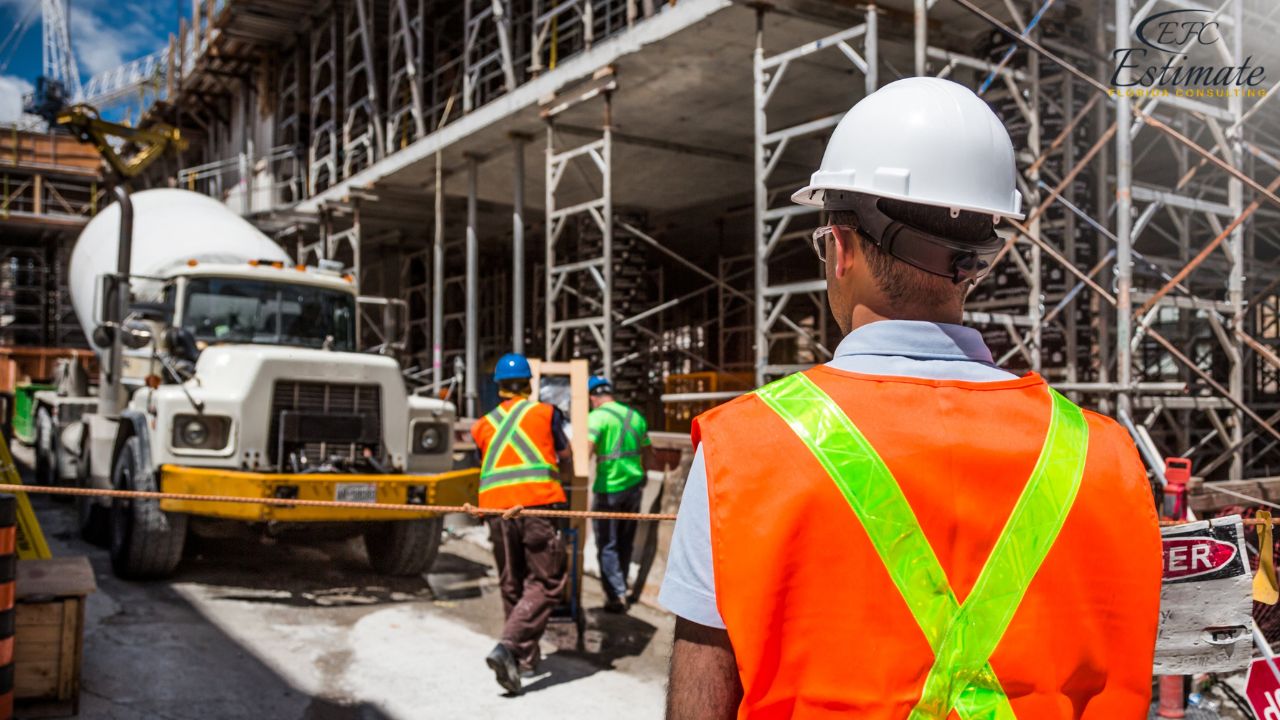
4. Design Complexity
Architectural complexity directly influences construction timelines and costs. Features like expansive glass facades, multi-level layouts, and curved walls require specialized craftsmanship, tools, and longer timelines. Luxury homes often incorporate additional elements, such as rooftop terraces, home theaters, and intricately landscaped gardens, which not only elevate costs but also add to the overall aesthetic and functional value of the property. The more intricate and unique the design, the greater the need for skilled labor and precise execution.
Construction Cost Estimation by Project Type
Residential Projects
Residential construction in Key West caters to diverse needs, from practical family homes to opulent estates:
- Standard Homes: Priced at $350 to $600 per square foot, these homes focus on practicality and durability. Options for energy-efficient enhancements, like solar panels and hurricane shutters, further boost value and reduce long-term maintenance costs.
- Custom Homes: Tailored designs costing $600 to $1,000 per square foot integrate high-quality materials, cutting-edge technology, and bespoke finishes to create unique living spaces that cater to the homeowner’s specific needs and preferences.
- Luxury Homes: Properties ranging from $800 to $1,500 per square foot feature premium amenities, expansive outdoor living areas, and imported materials for an unmatched level of sophistication. These homes often include private pools, gourmet kitchens, and custom-designed entertainment spaces.
Commercial Projects
Key West’s thriving business environment drives demand for versatile commercial spaces:
- Retail Spaces: Costs range from $400 to $800 per square foot, emphasizing advanced lighting, durable materials, and customer-friendly layouts that align with modern retail trends.
- Office Buildings: Projects costing $400 to $750 per square foot prioritize energy-efficient systems, ergonomic designs, and IT infrastructure to enhance productivity and appeal to modern businesses.
- Mixed-Use Developments: Combining residential and commercial elements, these projects cost $500 to $900 per square foot and require seamless integration of diverse functionalities, often including parking garages, shared amenities, and community spaces.
Renovations and Additions
Renovations and additions modernize properties and maximize usability while enhancing value:
- Kitchen Remodels: Costs range from $50,000 to $300,000, featuring luxury appliances, custom cabinetry, and high-performance countertops that combine functionality and style. Upgraded lighting and smart storage solutions add to the appeal.
- Bathroom Renovations: Updates costing $30,000 to $150,000 include spa-like elements, such as soaking tubs, steam showers, and heated floors, offering enhanced comfort, luxury, and an elevated daily experience.
- Room Additions: Adding new spaces costs $300 to $700 per square foot. Features like skylights, soundproofing, and integrated storage enhance functionality and aesthetic appeal while seamlessly blending with the existing design.
Your trusted Construction experts, Get started Now!
Advanced Construction Options
1. Hurricane-Resistant Features
Properties in Key West must withstand extreme weather conditions. Reinforced windows, hurricane straps, and elevated foundations add $20,000 to $150,000 but are essential for safety, compliance, and long-term property protection. These features can significantly reduce repair costs after severe weather events and add peace of mind for property owners.
2. Smart Home Technology
Automated systems for lighting, security, and climate control improve convenience and property value. Costs range from $30,000 to $200,000, depending on the level of integration, customization, and system sophistication. Features like voice-activated controls, automated blinds, and energy usage tracking further enhance modern living.
3. Sustainable Materials
Eco-friendly materials, such as reclaimed wood, bamboo flooring, and low-VOC paints, cost $500 to $1,000 per square foot. These options reduce environmental impact, improve indoor air quality, and support energy efficiency, appealing to environmentally conscious buyers.
4. Outdoor Living Spaces
Outdoor kitchens, patios, and landscaped gardens cost $40,000 to $350,000. Custom features, such as fire pits, pergolas, infinity pools, and outdoor entertainment systems, elevate usability, aesthetic appeal, and property value. These spaces are especially desirable in Key West, where the climate encourages outdoor living year-round.
Cost Breakdown of Construction Components
Component | Cost Range |
Foundation | $20 – $50 per square foot |
Framing | $25 – $60 per square foot |
Roofing | $20 – $40 per square foot |
Plumbing | $10 – $35 per square foot |
Electrical Systems | $8 – $25 per square foot |
Finishes | $60 – $250 per square foot |
Permits and Inspections | $5,000 – $30,000 |
Tips for Managing Construction Costs
1. Plan Thoroughly
Effective planning is the foundation of any successful construction project. Collaborating with architects and contractors early on ensures that designs and budgets are thoroughly discussed and aligned from the start. By involving key stakeholders at the planning stage, you can address any potential issues before construction begins. Utilizing advanced tools such as 3D modeling allows for a clear visualization of the project, helping you identify potential challenges early in the process. This proactive approach not only streamlines decision-making but also minimizes costly changes during construction, keeping the project on track and within budget.
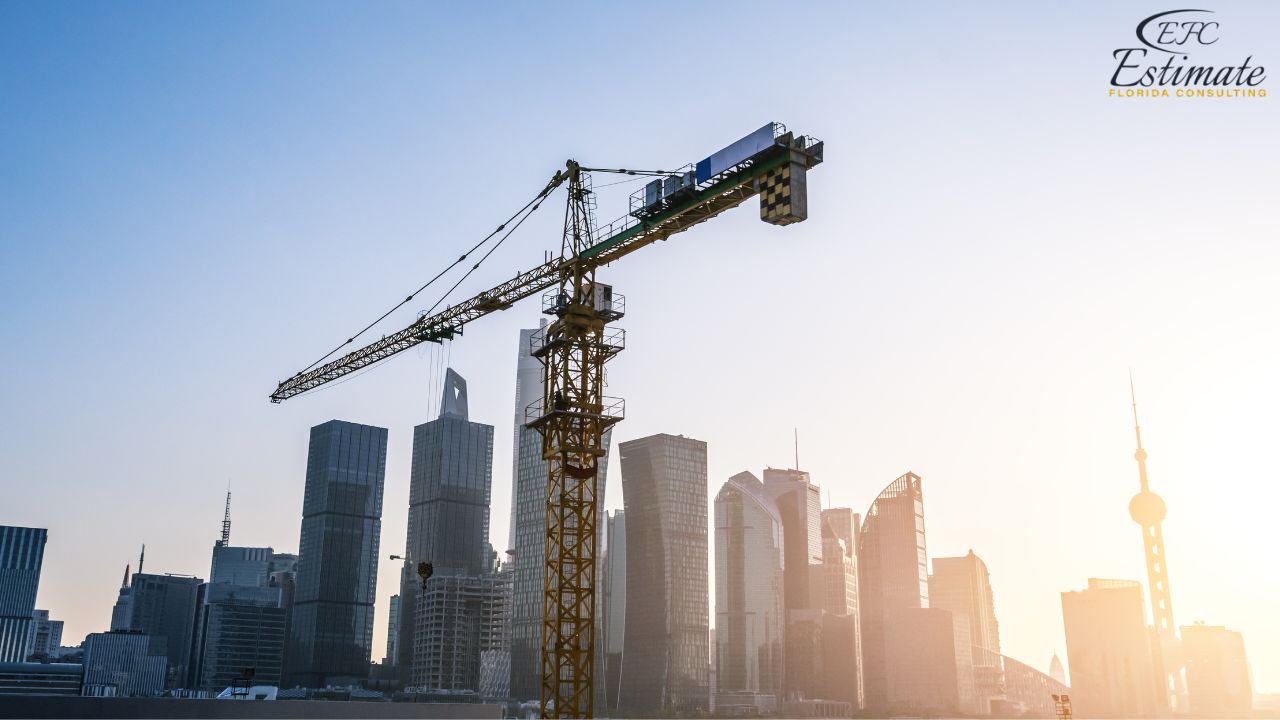
2. Optimize Material Choices
Choose materials that balance aesthetics, durability, and cost. Local sourcing and bulk purchasing can reduce expenses while ensuring high-quality results.
3. Hire Experienced Professionals
Engage licensed contractors with expertise in Key West’s construction environment. Their familiarity with local regulations ensures compliance and efficient execution.
4. Incorporate Energy Efficiency
Energy-efficient features, such as LED lighting, tankless water heaters, and smart thermostats, reduce utility bills and increase property value.
5. Schedule Strategically
Plan construction during off-peak seasons to benefit from reduced labor and material costs while adhering to project timelines.
Download Template For Construction Project Breakdown
- Materials list updated to the zip code
- Fast delivery
- Data base of general contractors and sub-contractors
- Local estimators

Conclusion
Construction in Key West, FL, requires meticulous planning, skilled execution, and a comprehensive understanding of costs. By focusing on quality, sustainability, and efficient budgeting, you can achieve a project that aligns with your vision while enhancing property value. At Estimate Florida Consulting, we provide expert guidance and detailed cost estimates tailored to your needs. Contact us today to bring your construction goals to life.
Frequently Asked Question
Here’s a step-by-step guide to writing a construction estimate:
- Review the Scope of the Project: Understand the project's requirements and goals before beginning your estimate.
- Provide a Rough Timeline: Outline an estimated project timeline, including key milestones and completion dates.
- Determine What Work Needs to Be Subcontracted: Identify tasks that require specialized contractors and include those costs in your estimate.
- Estimate the Cost of Materials: Research and calculate the costs for all materials needed for the project.
- Check Out the Competition: Compare your rates with other contractors to ensure your estimate is competitive.
- Outline Your Terms and Conditions: Define payment terms, warranties, and other important conditions related to the project.
- Make Your Estimate Professional: Ensure your estimate is clearly formatted, easy to read, and includes all necessary details.
- Submit Your Estimate: Provide the finalized estimate to your client, keeping in mind any adjustments or negotiations that might follow.
Construction cost estimators are responsible for calculating the cost of construction projects. They prepare estimates for a variety of projects, including buildings, roads, bridges, and commercial centers. Depending on the scope, they may estimate the total cost of the entire project or just specific parts, such as the foundation.
Labor costs are typically the largest expense in construction projects. These costs include wages, overtime, benefits, and other forms of compensation for both workers and management staff involved in the project.
Some of the most profitable niches in construction include:
- Power and Energy Infrastructure
- Road Infrastructure
- Waste Management
- Bridges
- Mass Transit and Airports
- Water Supply and Resources
- Telecommunications
These areas tend to offer high demand and specialized work, making them lucrative opportunities in the construction industry.
To accurately estimate construction costs, follow these 8 steps:
- Review the Bid Package: Understand all project details and requirements provided in the bid package.
- Conduct a Site Visit: Inspect the project site to identify any potential challenges or conditions that could impact the cost.
- Perform a Material Takeoff: List all materials needed for the project and their quantities.
- Solicit Pricing from Suppliers and Vendors: Gather price quotes from suppliers and vendors for the required materials.
- Evaluate Labor Requirements: Estimate the number of workers, their hourly rates, and the time needed for each task.
- Determine Insurance and Bonding Costs: Factor in the cost of insurance and bonds required for the project.
- Calculate Overhead and Indirect Costs: Account for overhead costs such as utilities, equipment, and administrative expenses.
- Account for Profit and Contingency: Add a margin for profit and contingency to cover unforeseen costs or risks.
The most common method used by contractors for estimating costs is Unit Cost Estimating. This straightforward approach involves calculating costs based on a standard unit of measurement, such as the price per square foot, per cubic yard, or per unit of material. It helps simplify cost estimation for various types of construction projects.
Comprehensive Trade-Specific Estimates
At Estimate Florida Consulting, we offer detailed cost estimates across all major trades, ensuring no part of your project is overlooked. From the foundation to the finishing touches, our trade-specific estimates provide you with a complete and accurate breakdown of costs for any type of construction project.

Testimonials
What Our Clients Say
We take pride in delivering accurate, timely, and reliable estimates that help contractors and builders win more projects. Our clients consistently praise our attention to detail, fast turnaround times, and the positive impact our estimates have on their businesses.
Estimate Florida Consulting has helped us win more bids with their fast and accurate estimates. We trust them for every project!

Steps to Follow
Our Simple Process to Get Your Estimate
01
Upload Plans
Submit your project plans, blueprints, or relevant documents through our online form or via email.
02
Receive Quotation
We’ll review your project details and send you a quote based on your scope and requirements.
03
Confirmation
Confirm the details and finalize any adjustments to ensure the estimate meets your project needs.
04
Get Estimate
Receive your detailed, trade-specific estimate within 1-2 business days, ready for your project execution.


